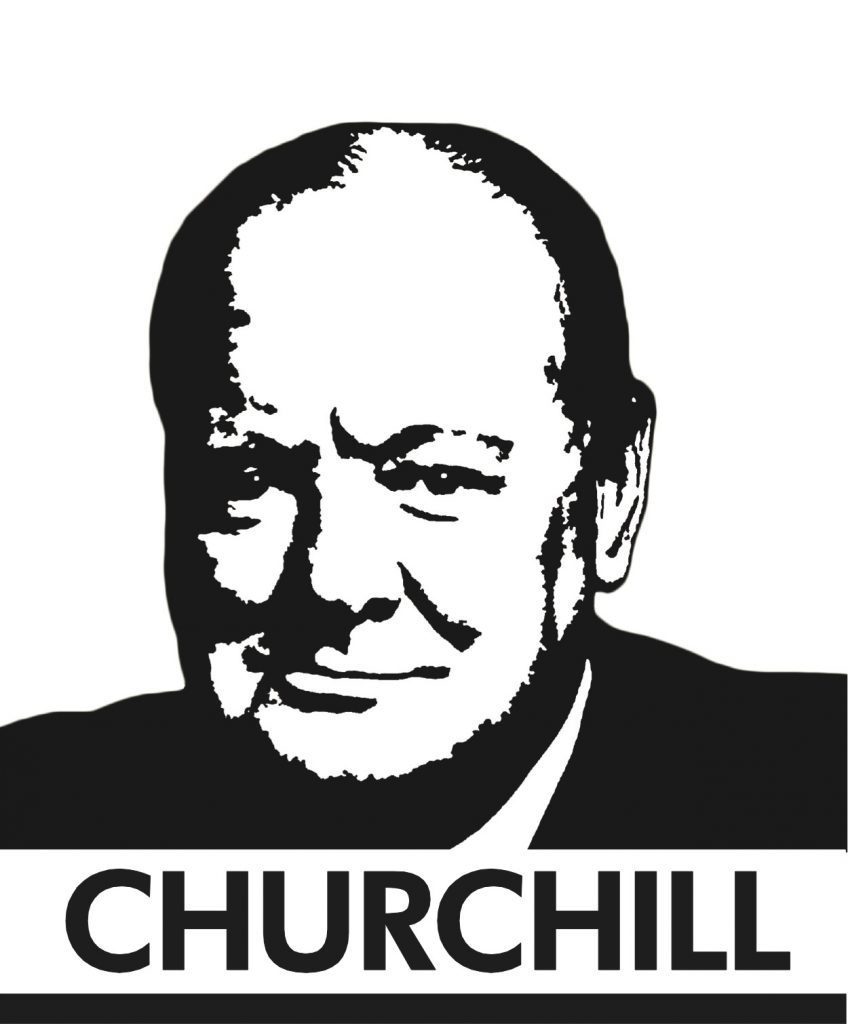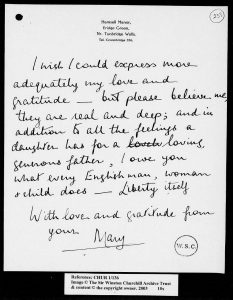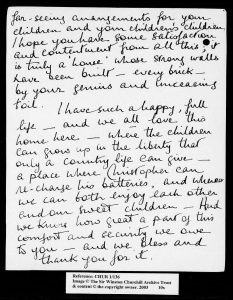
Finest Hour 180
From The Editor

September 26, 2018
Finest Hour 180, Spring 2018
Page 04
By David Freeman, April 2017
Fifty years but only 180 issues of a quarterly magazine? The numbers do not appear to compute. This discrepancy, along with the entire history of the International Churchill Society, is explained by myself in the lead article of this our fiftieth anniversary issue. Churchill wrote that “the veils of the future are lifted one by one, and mortals must act from day to day.” This appositely describes the unexpected evolution of a tiny group of enthusiasts into the global organization to which you belong if you are reading these words.
Churchill led a life of adventure, and so “Churchill’s Adventures” is a suitable theme for our half-century milestone. Publishing a letter to the editor of a school newspaper may not appear to be adventurous, but it must be remembered that writing became Churchill’s primary source of income. Setting out on a career that Churchill sensed would be important to him was the beginning of a life-long adventure, as Fred Glueckstein shows.
Glueckstein has done double duty for this issue by also telling the story of Churchill’s 1908 tour of East Africa that resulted in the publication of My African Journey, one of the many books that sustained the author’s grand lifestyle. John Bird looks at an earlier adventure that Churchill had in Africa when he escaped from the Boers in 1899. Much has been written on the subject, not least by Churchill himself, but Bird has filled a gap in our knowledge by exploring the hills around his own hometown of Witbank.
No matter which office of state he held, Churchill’s involvement with the Royal Navy remained an unfolding adventure. John H. Maurer looks at the strategy decisions Churchill made with regard to the rise of Japanese naval power and finds both wise and faulty decision making.

2025 International Churchill Conference
One of Churchill’s most perilous adventures took place when he was Prime Minister during the war. In December 1944, he decided he should travel to Greece personally to help settle the chaotic political situation that followed German withdrawal. He arrived in Athens on Christmas Day to find fighting in the streets between the forces seeking to gain control of the country. Christos Bouris examines the contemporary Greek accounts and identifies what Churchill was and was not able to accomplish.
The football pitch (or soccer field) may seem an unlikely place ever to have found Winston Churchill, but he did attend the odd match and even on one occasion the FA Cup final. Paul Trevillion spoke with one of England’s football legends from those years and tells us what Churchill had to say to the players when he greeted them individually.
And so we begin fifty more years of Finest Hour.
Subscribe
WANT MORE?
Get the Churchill Bulletin delivered to your inbox once a month.





